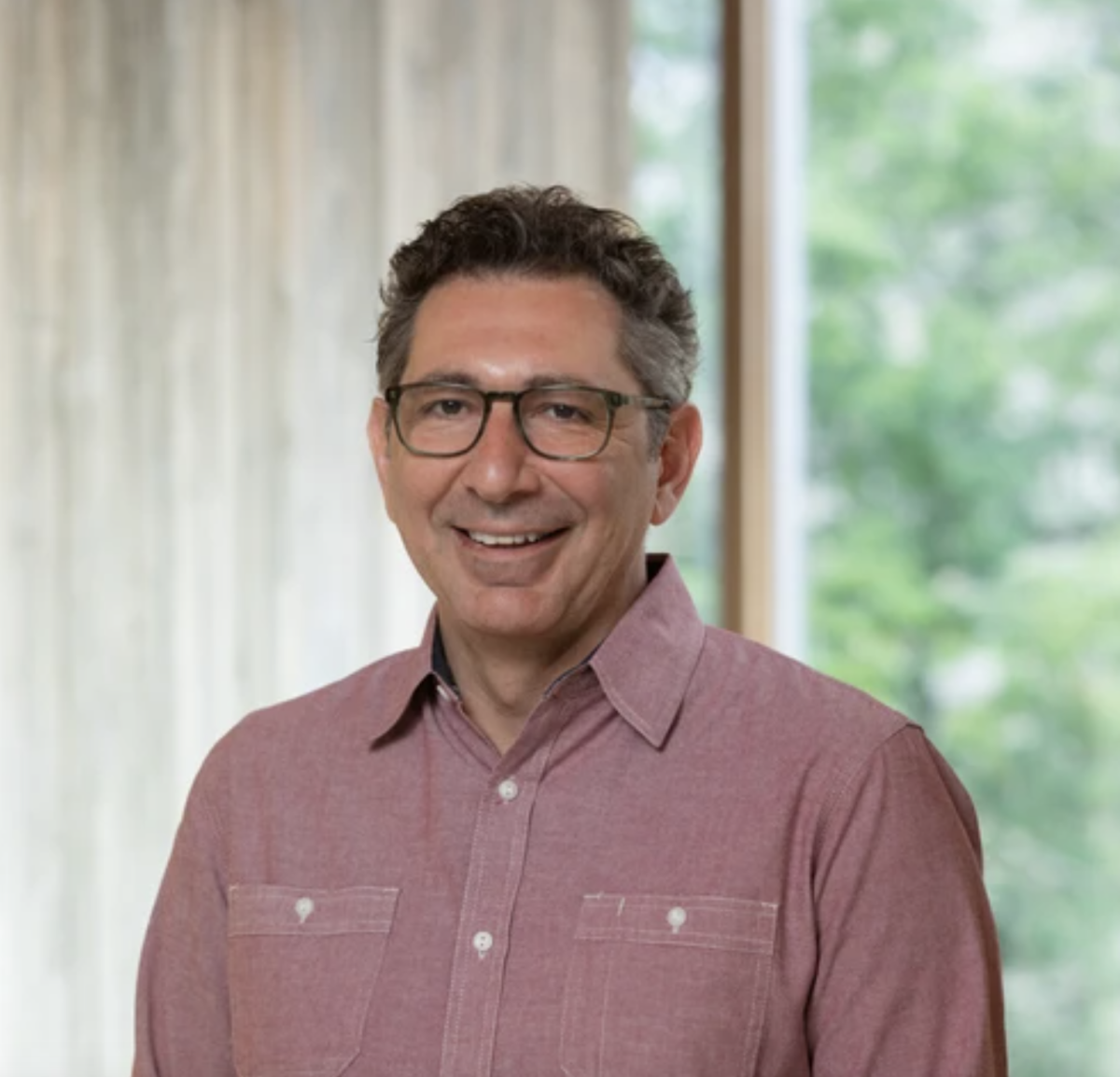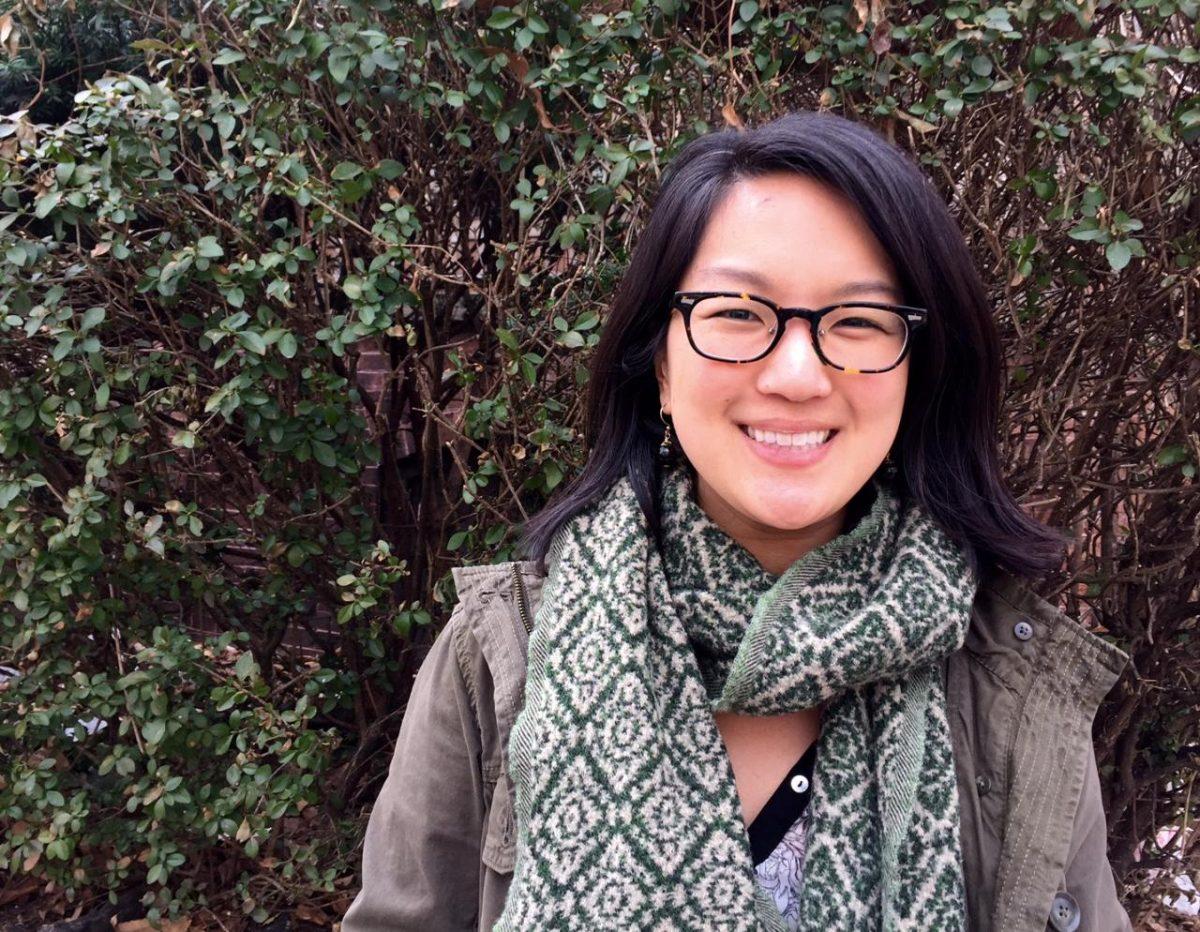FaculTEAs have long been an integral part of the Wellesley College experience. Established as informal conversations that Wellesley students and professors have outside the classroom setting, FaculTEAs serve as opportunities for students to build close relationships with their professors while learning more about their personal and professional experiences.
On Feb. 1, the first FaculTEA event of the semester was led by computer science Professor Jordan Tynes. Organized by a group of resident assistants (RAs), the event took place in the Shafer residence hall.
The event was organized by Isabel Orozco Piedrahíta ’24, the RA of Shafer Hall’s third floor. Piedrahíta had taken a course with Tynes previously and saw the event as the perfect opportunity for students to gain insight into the game design space.
“I think it is a really cool opportunity for people to come outside of the classroom setting and connect with professors on a more human level. It’s in the dorms. It’s beyond teaching hours. It’s very casual,” said Piedrahíta. “I think the opportunity for students to have those moments with professors is really special.”
Tynes recalled how the efforts of the organizers made him feel welcome and comfortable in delivering the talk.
“I immediately had a chair to sit in and people were asking me questions and it was very well attended,” said Tynes. “It was just very comfortable. There was a short introduction and I spoke for some 30 minutes straight before they started asking questions. So a lot of my expectations were very well met.”
During the event, Tynes shared his passion for game design and discussed his academic and career trajectory leading up to his time at the College. He began by introducing himself and speaking about his time as an undergraduate student at the University of California, Santa Cruz. When the computer science track did not work out as he had planned, Tynes discovered his “creative vision” within the art department of the university.
“I discovered that the art department had a pretty robust digital media focus . . . so I started by taking a class called electronic intermediate, and I learned that I could code creatively,” said Tynes. “I sort of saw the code as a reflection of my creative process. It probably would not have earned an A in any sort of code checker algorithm for grading. But, for me, it showed a thought process that I thought could be explored in other ways.”
After earning a degree in studio art with a minor in the history of art and visual culture, Tynes enrolled in graduate school at the School of the Museum of Fine Arts at Tufts University and developed an interest in theater as well as freelance videography.
“I started writing different codes for processing video and doing really interesting things with manipulation of the video as a medium,” said Tynes. “Professionally, I became really involved in public access television … I also started a studio space in Dorchester, with seven other people [now] called the Dorchester Art Project, after which I got an interview at Wellesley.”
When asked about his experience, Tynes acknowledged that the interactive conversation in the setting of the common room was unique.
“I saw [the event] as an invitation into [students’] home, and I was being very respectful of what it means to invite somebody into your home,” Tynes said.
Reflecting on the FaculTEAs series, Tynes emphasized the importance of conversing beyond the classroom.
“I would be interested in more events like this [one]. Breaking down the hierarchy in the classroom is important,” said Tynes. “I think that there is this mentorship aspect in the relationship between a professor and a student. But … we’re all also human beings.”
Piedrahíta shared similar enthusiasm and was happy to see the community come together for the semester’s first FaculTEA.
“I think it went really well the first time. Everyone left feeling really fulfilled, and happy … It was really nice,” Piedrahíta said.








